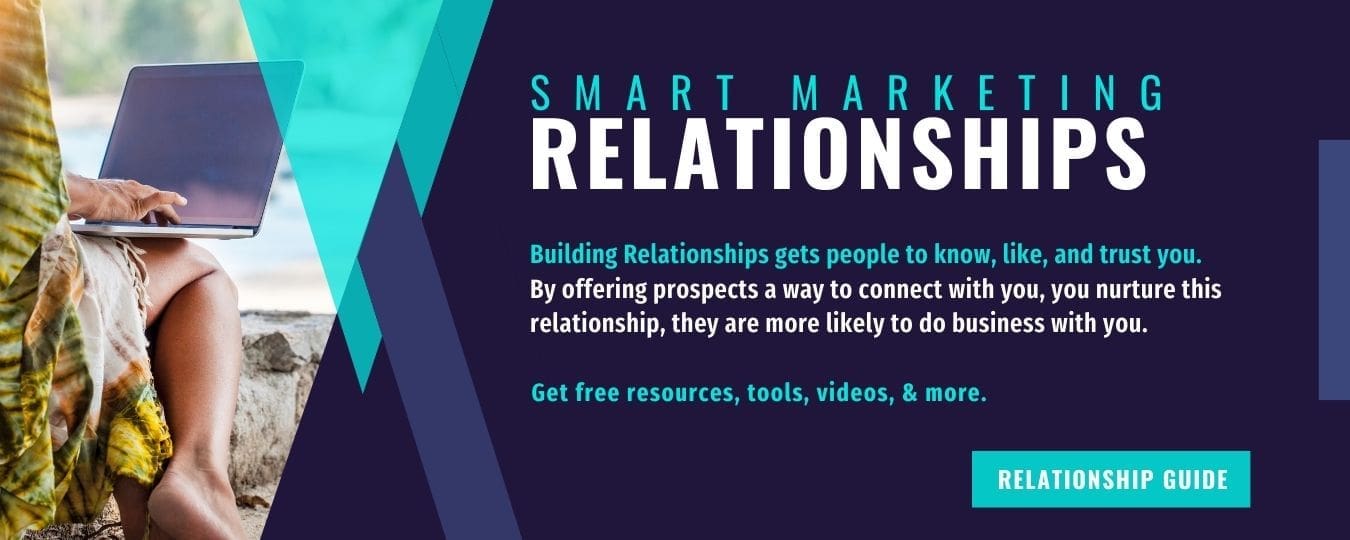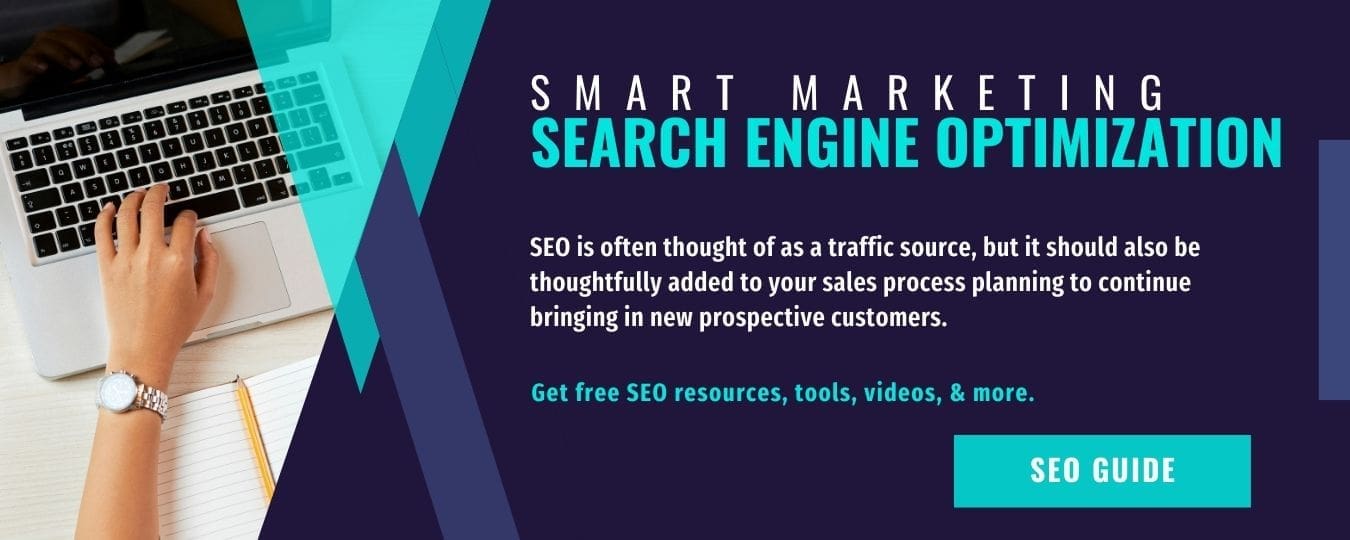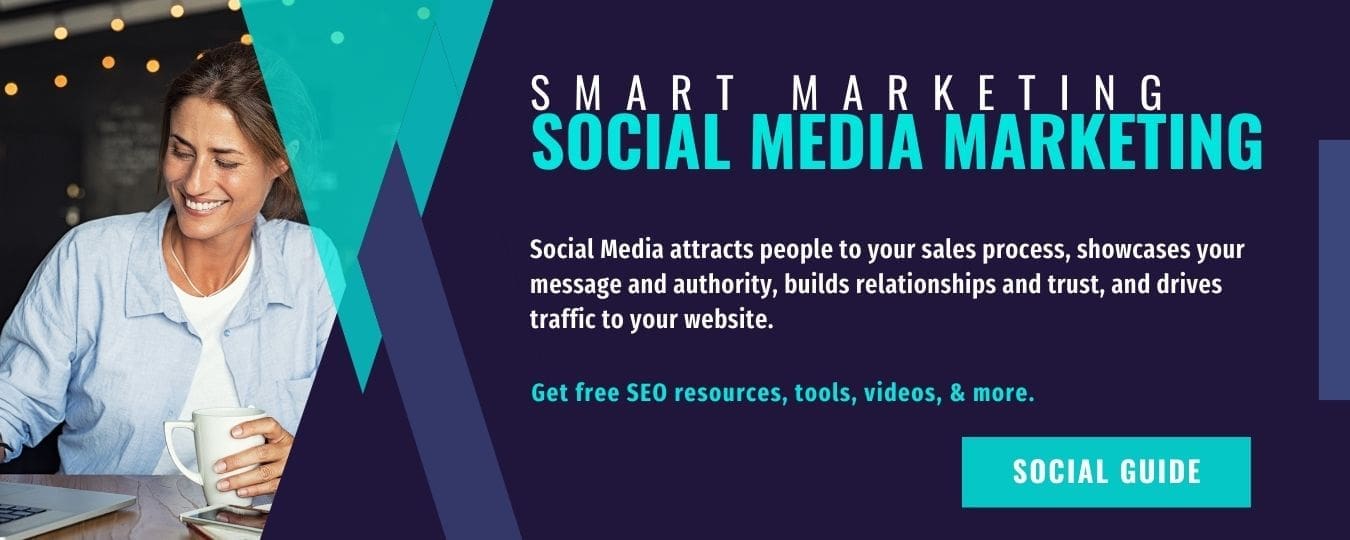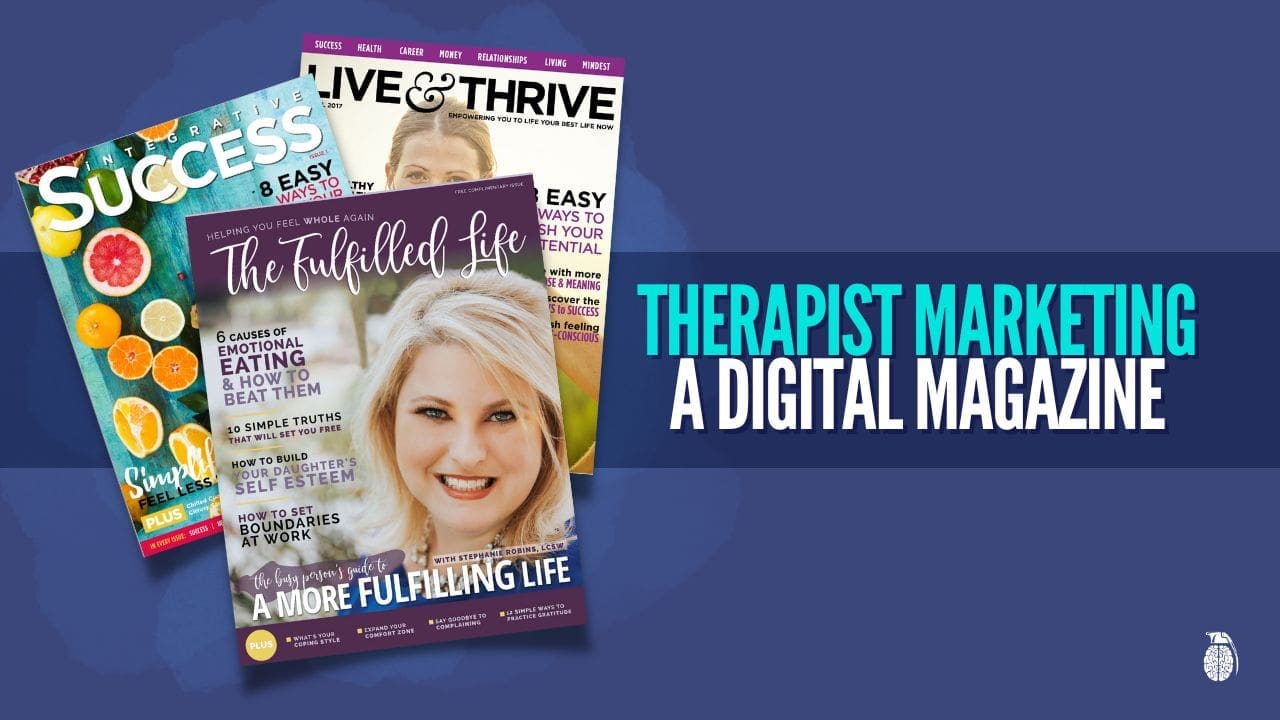
Digital Marketing for Therapists 101: A Guide to Growing Your Practice Online
Digital Marketing for Therapists 101: A Guide to Growing Your Practice Online

As a therapist, you’re dedicated to helping your clients lead happier, healthier lives. But how can you reach more people who could benefit from your services?
The answer lies in digital marketing. By leveraging the power of the internet, you can connect with potential clients and build a thriving practice.
In this article, we’ll cover the essential steps you need to take to get started with digital marketing. From creating a professional website to utilizing social media and paid advertising, we’ll show you how to attract more clients and grow your business.
So grab a cup of coffee and get ready to take your therapy practice to the next level with these digital marketing strategies!
Table of Contents
- Why Digital Marketing is Crucial for Therapists
- Determine your target audience
- Create a professional website
- Utilize search engine optimization (SEO)
- Leverage social media
- Consider paid advertising
- Encourage client reviews and referrals
- Conclusion
- FAQs
Why Digital Marketing is Crucial for Therapists
Let’s face it: the traditional methods of marketing for therapists, such as word-of-mouth referrals and local advertising, can only get you so far. Nowadays, people turn to the internet to search for services and products, including therapy.
Having a strong digital presence means that you can reach a wider audience and establish yourself as a trusted and reputable therapist in your community.
By creating a professional website, utilizing social media, and leveraging paid advertising, you can showcase your expertise and services to potential clients who may not have found you otherwise.
In the next sections, we’ll dive into the specifics of how to get started with digital marketing for therapists.
Who are Your Ideal Clients?
Before you start marketing your therapy practice online, it’s crucial to determine who your ideal clients are. Who are the people that you can best help with your expertise and services?
It’s not just about identifying their age, gender, and location, although those are important demographics to consider. You’ll also want to think about their psychographics, such as their interests, values, and behaviors.
For example, are they career-oriented individuals who struggle with work-life balance, or are they parents who need help managing stress and anxiety? You’ll want to create an Ideal Customer Profile as a foundation to your marketing.
The better you understand your target audience, the more effectively you can tailor your marketing messages and reach them where they are online.
What are their Demographics and Psychographics?
To determine your ideal clients’ demographics and psychographics, start by looking at your existing client base. Who are the people that you’ve helped the most, and what do they have in common? You can also conduct surveys or interviews with your clients to gain more insight into their needs and preferences.
Once you’ve gathered this information, you can create buyer personas or fictional representations of your ideal clients.
These personas should include demographic information like age, gender, and location, as well as psychographic details like their interests, goals, and pain points.
How Can You Reach Them Online?
Now that you know who your ideal clients are, it’s time to figure out where to find them online.
Are they active on social media?
Do they search for therapists on Google?
Are they part of online communities or forums related to mental health?
By understanding your target audience’s online behavior, you can determine the best channels to reach them with your marketing messages. For example, if your ideal clients are active on Facebook, you may want to create a business page and share informative and engaging posts to build your following.
Remember, your goal is not just to reach as many people as possible, but to reach the right people who are most likely to benefit from your services. By honing in on your target audience and reaching them where they are online, you can set yourself up for success in your digital marketing efforts.
Create a professional website
The Importance of Having a Website for Therapists
In today’s digital age, having a website is no longer optional – it’s essential for any business, including therapy practices. A professional website can serve as your digital storefront, giving potential clients a glimpse into your services and expertise.
Your website can also provide a platform for you to share valuable content, such as blog posts or podcasts, that can position you as a thought leader in your field. Plus, having a website can help you establish trust and credibility with potential clients, especially if they’re searching for therapists online.
Key Elements to Include on Your Website
So, what should you include on your therapy practice’s website? Here are some key elements to consider:
Services offered
Clearly outline the services you provide and who they’re designed for. This can include individual therapy, couples therapy, group therapy, and specialized treatments for specific issues like anxiety or depression.
About page
Use your About page to introduce yourself and your qualifications, as well as your approach to therapy. Be sure to include a professional photo and any relevant certifications or awards.
Contact information
Make it easy for potential clients to get in touch with you by including your phone number, email address, and office location. Consider adding a contact form as well for added convenience.
Testimonials
Including testimonials from satisfied clients can be a powerful way to build trust and credibility with potential clients.
Tips for Making Your Therapist Website User-Friendly and Appealing
Once you have the essential elements in place, it’s important to make sure your website is user-friendly and visually appealing. Here are some tips:
- Use a simple, clean design that’s easy to navigate.
- Use clear, concise language that’s easy to understand.
- Include high-quality images that are relevant to your practice and services.
- Make sure your website is mobile-responsive, as many people use their smartphones to search for services online.
Remember, your website is often the first impression potential clients will have of your therapy practice. By creating a professional, user-friendly website, you can make a positive impression and attract more clients to your practice.
Utilize search engine optimization (SEO)
Definition and Importance of SEO for Therapists
Search engine optimization, or SEO, is the process of optimizing your website to rank higher in search engine results pages (SERPs). In other words, it’s about making sure that when potential clients search for therapists online, your practice is one of the top results they see.
Why is SEO important for therapists?
Well, studies show that the vast majority of people (around 90%) turn to search engines like Google when looking for information or services online. If your website doesn’t appear on the first page of search results, it’s unlikely that potential clients will find you.
By optimizing your website for search engines, you can increase your visibility and attract more traffic to your site. And the more traffic you get, the more opportunities you have to convert those visitors into paying clients.
RELATED: SEO for Beginners Series
Tips for Optimizing Your Therapist Website for Search Engines
So, how can you optimize your therapy practice’s website for search engines? Here are some tips:
Use Keywords
Identify the keywords and phrases that potential clients are likely to use when searching for therapists online, and include them throughout your website’s content. For example, if you specialize in anxiety therapy, include phrases like “anxiety treatment” or “therapy for anxiety” on your website.
Create Quality Content
Search engines reward websites that offer valuable and informative content to their visitors. Consider creating blog posts, videos, or podcasts that address common mental health concerns or provide tips for managing stress and anxiety.
Optimize Your Website’s Structure
Make sure your website is easy for search engines to crawl by organizing your content into clear categories and using descriptive page titles and headings.
Use Meta Descriptions
A meta description is the brief snippet of text that appears below your website’s title in search results. Write compelling, informative descriptions that entice potential clients to click through to your site.
Build Backlinks
Backlinks are links to your website from other websites. Search engines view backlinks as a sign of authority and trustworthiness. Consider reaching out to other mental health professionals or websites to see if they’d be willing to link to your site.
By implementing these SEO best practices, you can increase your website’s visibility and attract more potential clients to your therapy practice.
Leverage social media
Social media platforms like Facebook, Instagram, and Twitter can be powerful tools for therapists looking to attract more clients.
Here are a few ways social media can benefit your therapy practice:
Build Brand Awareness
By establishing a presence on social media, you can increase your visibility and reach a wider audience. This can help you build brand awareness and establish yourself as a thought leader in the mental health field.
Connect With Potential Clients
Social media allows you to engage with potential clients in a more casual and conversational way. By interacting with your followers and sharing valuable content, you can build trust and establish relationships with potential clients.
Drive Traffic to Your Website
By sharing links to your website or blog posts on social media, you can drive more traffic to your site and increase the chances of converting visitors into clients.
Which Platforms to Use
There are dozens of social media platforms out there, but as a therapist, you’ll likely get the most value out of a few key platforms:
With over 2 billion active users, Facebook is the largest social media platform in the world. It’s a great place to share content, engage with followers, and connect with potential clients.
Instagram is a highly visual platform that’s great for sharing photos, videos, and graphics. It’s particularly popular among younger users, so if you’re looking to reach a younger demographic, Instagram is a good choice.
Twitter is a fast-paced platform that’s great for sharing quick updates and engaging in conversations with other mental health professionals or potential clients.
Tips for Creating Engaging Content and Building a Following
Creating engaging content is key to building a following on social media. Here are a few tips to keep in mind:
Be Authentic
Share your personality and be yourself. People want to connect with other people, not with faceless businesses or organizations.
Share Valuable Content
Share articles, blog posts, or other resources that your followers will find helpful or interesting.
Use Visuals
Including images, videos, or graphics can help your content stand out and be more engaging.
Engage with Your Followers
Respond to comments, ask questions, and participate in conversations to build relationships with your followers.
By leveraging social media, you can increase your visibility, connect with potential clients, and establish yourself as a trusted expert in the mental health field.
Consider Paid Advertising
Paid advertising can be a highly effective way to attract more clients to your therapy practice. Here are a few options to consider:
Google Ads
With Google Ads, you can create ads that appear at the top of search engine results pages when potential clients search for keywords related to your practice.
Facebook Ads
With Facebook Ads, you can create highly targeted ads that appear in users’ news feeds or on the right-hand side of the Facebook interface.
Pros and Cons of Paid Advertising for Therapists
While paid advertising can be effective, it’s important to weigh the pros and cons before diving in.
Here are a few things to keep in mind:
Pros
- Targeted reach: Paid advertising allows you to target specific audiences based on factors like location, interests, and demographics.
- Cost-effective: You can set your own budget and only pay when someone clicks on your ad or takes a specific action.
- Measurable results: With paid advertising, you can track metrics like clicks, conversions, and cost per click to measure the effectiveness of your ads.
Cons
- Cost: Paid advertising can be expensive, especially if you’re targeting competitive keywords or audiences.
- Learning curve: There’s a bit of a learning curve when it comes to creating effective ads, and you may need to invest some time and money in testing different strategies.
- Ethical considerations: As a therapist, you need to be mindful of ethical considerations when it comes to advertising. For example, you may need to be careful about how you target specific groups of people.
Tips for Creating Effective Ads
If you decide to pursue paid advertising, here are a few tips to keep in mind:
Use Compelling Headlines
Your ad’s headline is the first thing people will see, so make sure it’s attention-grabbing and clearly communicates the value of your services.
Use Eye-Catching Visuals
Use high-quality images or videos to catch people’s attention and help your ad stand out from the competition.
Be Specific
Use specific, concrete language to describe your services and the benefits clients can expect to receive.
Test Different Strategies
Experiment with different ad formats, targeting options, and messaging to see what works best for your practice.
Paid advertising can be a powerful tool for therapists looking to attract more clients, but it’s important to weigh the pros and cons and approach it with a strategic mindset.
Encourage Client Reviews and Referrals
When it comes to attracting new clients, positive reviews and referrals can be some of the most powerful marketing tools at your disposal. Here’s why:
- Trust: Potential clients are more likely to trust the opinions of people who have already worked with you.
- Social proof: Positive reviews and referrals provide social proof that your services are effective and worth investing in.
- Cost-effective: Encouraging reviews and referrals is a relatively low-cost marketing strategy that can yield big results.
Strategies for Encouraging Reviews and Referrals
If you want to encourage more clients to leave reviews and refer others to your practice, here are a few strategies to consider:
Ask For Feedback
After a session, ask your clients if they’d be willing to leave a review or refer others to your practice if they had a positive experience.
Make It Easy
Provide links to your Google or Yelp profiles in your email signature or on your website to make it easy for clients to leave reviews.
Offer Incentives
Consider offering a small discount or free session to clients who leave a review or refer someone to your practice.
Follow Up
If a client refers someone to your practice, follow up with a thank-you note or small gift to show your appreciation.
Remember, the key to getting more reviews and referrals is to provide an exceptional experience for your clients. When you go above and beyond to help your clients achieve their goals, they’ll be more likely to sing your praises to others.
Digital Marketing for Therapists
Digital marketing can be a powerful tool for therapists who want to attract more clients to their practice. By identifying your target audience, creating a professional website, leveraging social media, and considering paid advertising, you can increase your visibility online and reach a wider audience.
Remember to prioritize providing an exceptional client experience and encouraging positive reviews and referrals, as these can be some of the most effective marketing strategies at your disposal.
If you’re looking to learn more about digital marketing and how it can benefit your therapy practice, consider joining Smart Arsenal. Smart Arsenal offers digital marketing courses created by real entrepreneurs, done-for-you templates, and hands-on help to help you take your practice to the next level.
So what are you waiting for? Start implementing these digital marketing strategies today and consider joining Smart Arsenal to accelerate your learning and success.
About Digital Marketing Expert Torie Mathis
 Torie Mathis helps entrepreneurs, like you, use digital marketing to grow your business without wasting time, money, or your sanity. She is a best-selling author, Army veteran, speaker + trainer, and your digital marketing coach. You don't need crazy tech skills, buckets of cash, or dedicated staff to market your business. In fact, you don't even need a lot of time. What you need is to be SMART.
Torie Mathis helps entrepreneurs, like you, use digital marketing to grow your business without wasting time, money, or your sanity. She is a best-selling author, Army veteran, speaker + trainer, and your digital marketing coach. You don't need crazy tech skills, buckets of cash, or dedicated staff to market your business. In fact, you don't even need a lot of time. What you need is to be SMART.
Torie hosts SMART AF, a show for non-techy entrepreneurs looking to grow their business, with her husband Sean and is the creator of SMART AF Magazine. Learn from Torie at the Smart Arsenal and on her channel.
What do you think? Let's talk! Leave a comment.
Hi! I'm Torie!
 I help entrepreneurs (like you) use digital marketing to get more clients + make more money. And I make it easy!
I help entrepreneurs (like you) use digital marketing to get more clients + make more money. And I make it easy!
You don’t need crazy tech skills, buckets of cash, or dedicated staff to market your business. You don’t even need a lot of time.
What you need is to be SMART.
Smart Marketing For
Get Smart AF
DELIVERED TO YOUR INBOX
from your Digital Marketing Coach Torie Mathis!
Let's get SMART!
Let's Connect!

*Posts may contain affiliate links. If you use these links to purchase, I may earn a commission at no additional cost to you.





 I help entrepreneurs learn digital marketing.
I help entrepreneurs learn digital marketing.

